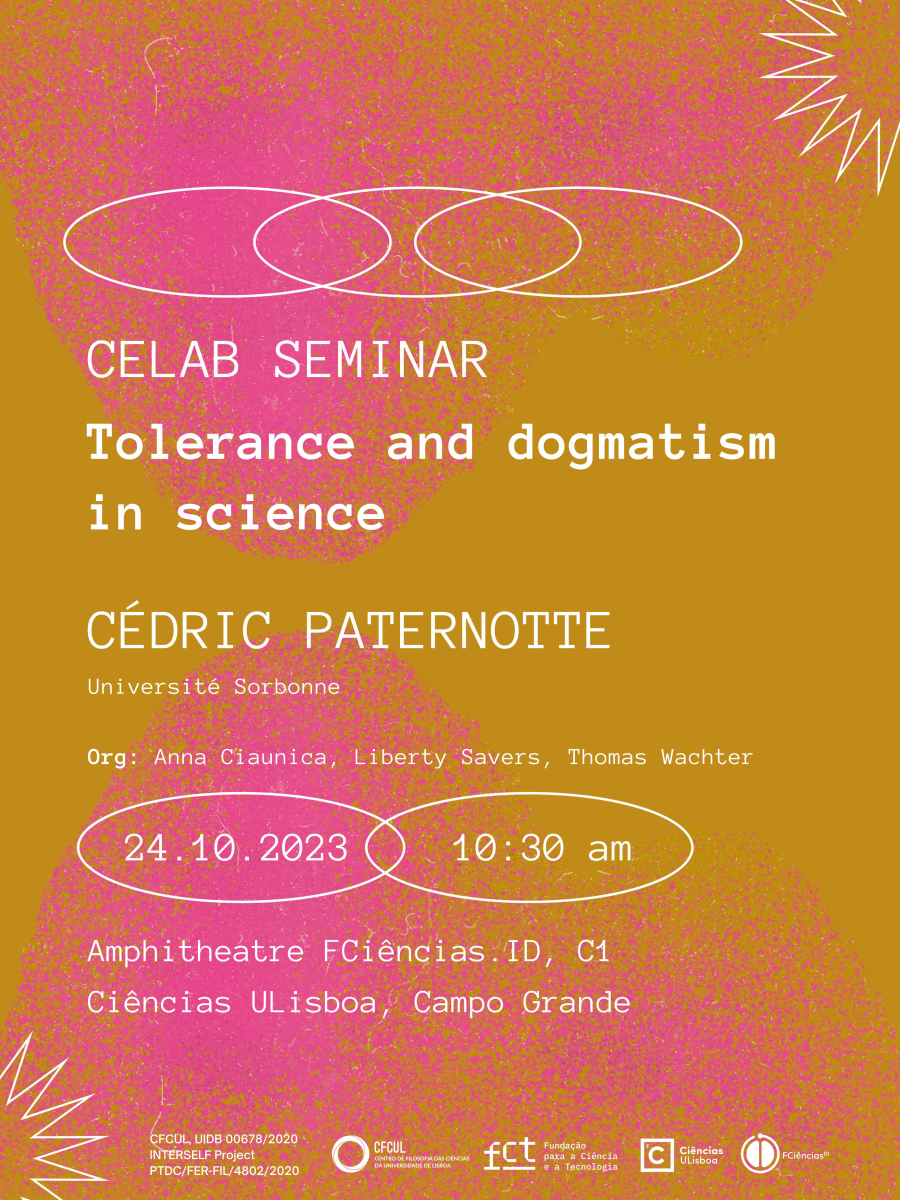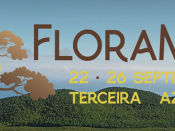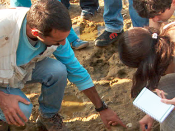Por Cédric Paternotte (Université Sorbonne).
According to several accounts of scientific activity, open discussion and collective deliberation play a primordial role (Longino 1990, 2002). In particular, they allow for the correction of individual biases and thus help achieve a certain objectivity, at least if the set of participants is diverse enough (Okruhlik 1994). But are there limits to this diversity, and if so which ones? On the one hand, even a pluralist like Feyerabend, who defends inclusivity, considers that, if all ideas can be defended, it must be within the framework of a genuine exchange; we should not “sit around” with “cranks” who maintain their initial positions without taking into account the position of others. Similar doubts arise during a dialogue with Oreskes and Conway's “merchants of doubt”, whose sole objective is to protect economic interests, or with defenders of pseudoscience. On the other hand, various results in social epistemology highlight the collective advantages, not only of originality but also of dogmatism in science. Faced with these opposing intuitions, I aim to explore selection criteria – criteria of inclusion and exclusion – that may be adequate for collective scientific deliberation; these turn out to have less to do with the nature of the ideas defended than with the reactivity of their defenders. In particular, I will discuss the notions of “procedural objectivity” (Longino 2002), of “active pluralism” (Chang 2012) and of “transient diversity” (Zollman 2010).








